Home>Articles>How Long For Driveway Sealer To Dry Before Rain
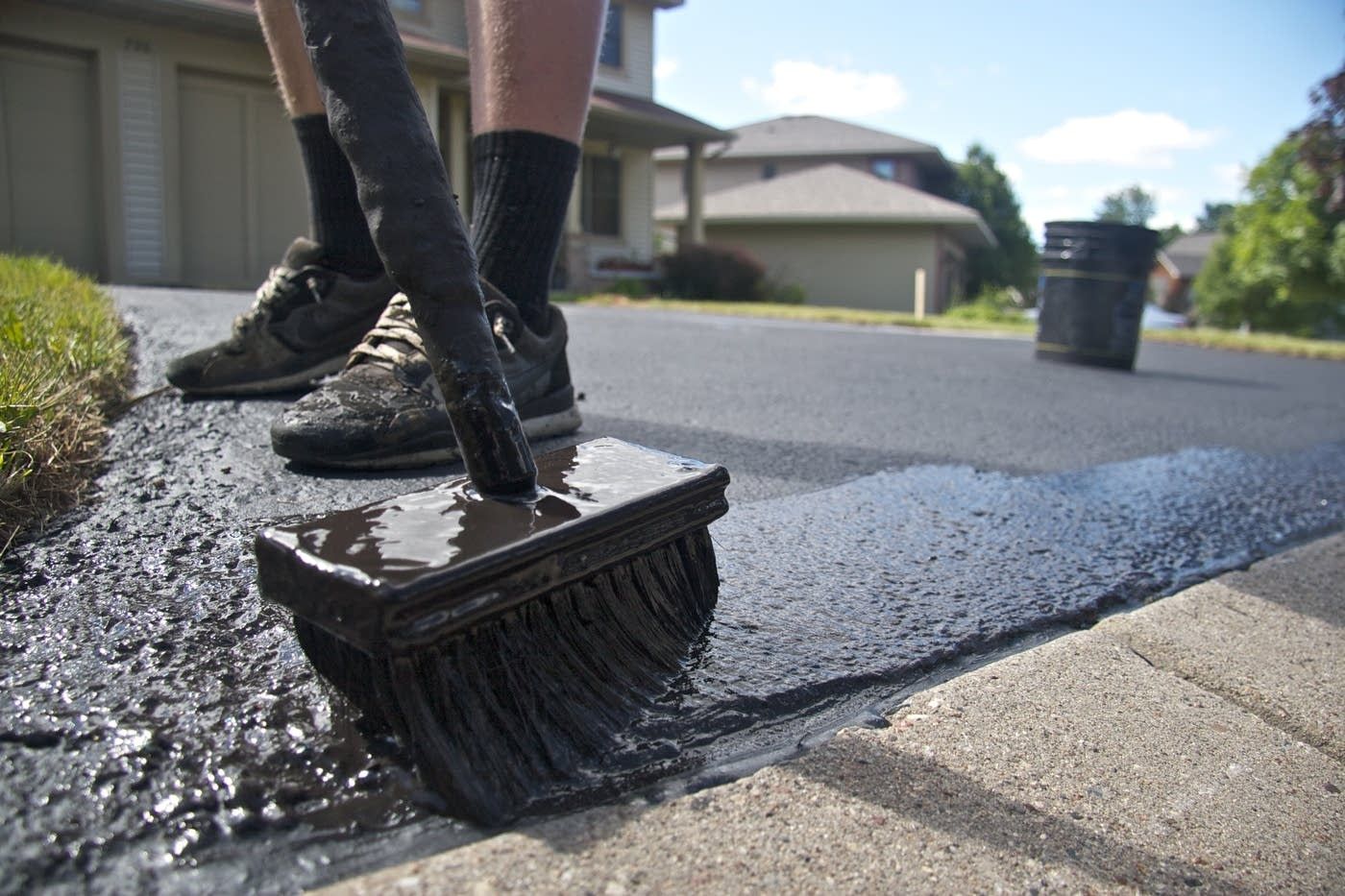

Articles
How Long For Driveway Sealer To Dry Before Rain
Modified: October 20, 2024
Learn how to properly apply driveway sealer and allow it to dry before rain hits, ensuring long-lasting results. Read our articles for expert tips and recommendations.
(Many of the links in this article redirect to a specific reviewed product. Your purchase of these products through affiliate links helps to generate commission for Storables.com, at no extra cost. Learn more)
Introduction
When it comes to maintaining and protecting your driveway, applying a quality driveway sealer is a must. Driveway sealers help to prevent cracks, damage, and deterioration caused by exposure to the elements, oil spills, and normal wear and tear. However, it is crucial to understand the importance of allowing the driveway sealer to dry properly before any external factors, such as rain, come into play.
In this article, we will delve into the various factors that affect the drying time of driveway sealers and discuss the recommended drying time to ensure the best results. Additionally, we will address what happens if a driveway sealer gets wet too soon and provide some helpful tips on protecting your newly sealed driveway from rain.
So, if you’re curious to know how long your driveway sealer should dry before rain or any other insights related to the topic, read on.
Key Takeaways:
- Properly allowing your driveway sealer to dry before rain is crucial for optimal adhesion, durability, and protection. Consider factors like sealer type, weather, and application thickness for the best results.
- Protect your freshly sealed driveway from rain by checking the weather, planning timing, and creating a rain-free buffer. Following recommended drying time and regular maintenance ensures long-lasting protection.
Read more: How Long Does Patio Sealer Take To Dry
Understanding Driveway Sealers
Before diving into the specifics of drying time and rain protection, it’s essential to have a basic understanding of driveway sealers. A driveway sealer is a protective coating that is applied to the surface of an asphalt or concrete driveway. It acts as a barrier against water, chemicals, UV rays, and other elements that can cause damage over time.
There are various types of driveway sealers available in the market, including asphalt-based sealers, coal tar-based sealers, and acrylic sealers. Each type has its own unique properties and benefits. Asphalt-based sealers are commonly used due to their ability to bond well with asphalt surfaces and provide excellent protection against water penetration. Coal tar-based sealers have high durability and resistance to petroleum products, making them suitable for areas prone to oil spills. Acrylic sealers are known for their protective qualities and the ability to enhance the appearance of the driveway.
Driveway sealers contain a blend of ingredients such as petroleum distillates, resins, additives, and sometimes sand particles, depending on the specific formulation. These ingredients work together to create a protective barrier that seals the pores of the driveway surface, preventing moisture, oils, and other substances from penetrating.
Applying a driveway sealer not only provides protection but can also significantly enhance the curb appeal of your property. It can restore the color, smoothness, and overall appearance of the driveway, giving it a fresh, new look. Moreover, regularly maintaining and sealing your driveway can extend its lifespan and help you avoid costly repairs or replacements in the future.
Importance of Allowing Driveway Sealer to Dry
Properly allowing driveway sealer to dry is crucial for achieving optimal results and ensuring its effectiveness in protecting your driveway. Here are a few reasons why allowing adequate drying time is essential:
1. Sealant Adhesion: Allowing the driveway sealer to dry completely ensures proper adhesion to the surface. Drying time allows the sealant to bond with the driveway materials, creating a strong and durable barrier. If the sealer is exposed to rain or moisture before it has dried properly, it may not adhere well to the surface, leading to premature deterioration and reduced effectiveness of the sealant.
2. Curing Process: Driveway sealers undergo a curing process as they dry, which involves the evaporation of solvents and the chemical reaction of the sealing ingredients. This process can take varying lengths of time depending on the type of sealer and environmental conditions. Allowing sufficient drying time ensures that the sealer has cured properly and is fully functional in protecting the driveway from moisture and other damaging elements.
3. Preventing Staining: Wet driveway sealer can be easily washed away or smeared, leading to uneven coverage and potential staining. If rain or water comes into contact with the freshly applied sealer, it can cause streaks, blotches, or even remove the sealer in certain areas. This can result in an unsightly appearance and compromised protection for your driveway. Allowing the sealer to dry completely before any precipitation helps to prevent such issues.
4. Long-Term Durability: Properly dried driveway sealer has the ability to withstand the rigors of daily use and exposure to the elements over an extended period. By allowing the sealer to dry according to the manufacturer’s instructions, you can maximize its durability and longevity. This will help your driveway withstand heavy traffic, extreme weather conditions, and other external factors that can cause damage over time.
Taking the time to allow your driveway sealer to dry fully may require some patience, but it is well worth the wait. It ensures that the sealer can perform its intended function effectively, providing a protective barrier for your driveway and contributing to its longevity and aesthetic appeal.
Factors Affecting Drying Time
The drying time of driveway sealer can vary based on several factors. Understanding these factors can help you estimate the ideal drying time for your specific situation. Here are some factors that affect the drying time of driveway sealer:
1. Type of Sealer: Different types of driveway sealers have different drying characteristics. Asphalt-based sealers generally dry faster than coal tar-based sealers. Acrylic sealers may require more time to dry due to their thicker consistency. It’s important to read and follow the manufacturer’s instructions for the specific type of sealer you are using.
2. Weather Conditions: The weather plays a significant role in the drying time of driveway sealers. Warmer temperatures and low humidity promote faster drying. On the other hand, cooler temperatures and high humidity can prolong the drying process. It’s best to choose a period with favorable weather conditions for applying and drying the sealer.
3. Thickness of Application: The thickness of the sealer application can affect drying time. A thicker coat will take longer to dry compared to a thinner coat. It’s important to apply the sealer evenly and follow the recommended application thickness provided by the manufacturer.
4. Surface Texture: The texture of the driveway surface can impact the drying time. Rough or porous surfaces can absorb more sealer, which can extend the drying time. Smoother surfaces tend to dry faster as there is less absorption of the sealer into the surface.
5. Ventilation: Proper air circulation is important for the drying process. Adequate ventilation helps in the evaporation of solvents and facilitates faster drying. Ensure that the area is well-ventilated during the drying time to aid in the process.
6. Number of Coats: If you are applying multiple coats of sealer, drying time will be affected. Each coat needs to dry completely before applying the next coat. The number of coats needed will depend on the condition and age of the driveway, as well as the specific sealer being used.
It’s important to note that each sealer may have specific drying time recommendations provided by the manufacturer. It is essential to follow these recommendations for optimal results. Additionally, factors such as humidity, temperature, and air movement can vary based on your geographical location. This can influence the drying time, so it’s always a good idea to consider the local climate when estimating how long the drying process will take.
By taking these factors into account, you can make a more informed decision regarding the appropriate drying time for your driveway sealer, ensuring that it dries thoroughly and provides the maximum protection for your driveway.
It typically takes 24-48 hours for driveway sealer to dry before it’s safe for rain. Check the product label for specific drying times and avoid applying sealer if rain is expected within that timeframe.
Recommended Drying Time for Driveway Sealer
The recommended drying time for driveway sealer can vary based on the type of sealer, weather conditions, and other factors. It’s crucial to follow the manufacturer’s instructions and specific guidelines for the sealer you are using. However, here are some general recommendations to consider:
1. Asphalt-based Sealers: Asphalt-based sealers typically have a faster drying time compared to other types of sealers. On average, they may take anywhere from 24 to 48 hours to dry. However, keep in mind that this is just a general estimate, and actual drying time can still be influenced by external factors such as temperature and humidity.
2. Coal Tar-based Sealers: Coal tar-based sealers generally have a longer drying time compared to asphalt-based sealers. They can take anywhere from 48 to 72 hours to dry fully. It’s important to allow ample drying time to ensure the sealer has cured properly and is ready for use.
3. Acrylic Sealers: Acrylic sealers tend to have a longer drying time due to their thicker consistency. It is common for acrylic sealers to take around 48 to 72 hours to dry completely. However, drying time can vary depending on factors such as temperature, humidity, and application thickness.
Remember, these recommended drying times are just general guidelines, and it’s essential to refer to the instructions provided by the sealer manufacturer. They may have specific recommendations based on their product’s formulation and intended use.
In addition to the drying time, it’s important to consider the cure time of the driveway sealer. While the sealer may be dry to the touch within the recommended drying time, it may still need additional time to cure fully. Curing is the process in which the sealer reaches its maximum strength and effectiveness. It is generally recommended to wait an additional 24 to 48 hours for the sealer to cure before subjecting it to heavy traffic or any other stress.
It’s important to note that adverse weather conditions, such as rain or high humidity, can significantly affect the drying and curing time of driveway sealers. If there is a high chance of rain within the recommended drying or curing period, it’s best to postpone the application of the sealer to ensure optimal results and protection for your driveway.
By following the recommended drying time and allowing sufficient curing time, you can ensure that your driveway sealer provides the best possible protection and longevity for your driveway.
What Happens If Driveway Sealer Gets Wet Too Soon?
If a freshly applied driveway sealer gets wet before it has had sufficient time to dry, it can lead to various issues that may compromise the effectiveness of the sealer. Here are some potential consequences of the sealer getting wet too soon:
1. Poor Adhesion: Water can prevent the sealer from bonding properly with the driveway surface. This can result in poor adhesion, causing the sealer to peel, crack, or wear off easily. The sealer may not be able to create a strong and durable barrier, leaving the driveway vulnerable to damage from moisture, chemicals, and other elements.
2. Discoloration and Staining: Wet sealer can easily become diluted and spread, leading to uneven coverage and potential discoloration. Rainwater can mix with the sealer, causing it to streak, blotch, or create unsightly patterns on the driveway surface. Additionally, if the sealer has not fully cured, it may be prone to staining from water or other substances.
3. Incomplete Drying: If the driveway sealer gets wet too soon, it may prevent the sealer from drying completely. This can result in a tacky or sticky surface that remains vulnerable to foot traffic and tire marks. It can also attract dirt, dust, and debris, further compromising the appearance and functionality of the sealer.
4. Reduced Lifespan: The premature exposure to water can lead to premature deterioration of the driveway sealer. It may result in cracks, peeling, or flaking, reducing the expected lifespan of the sealer. This can necessitate more frequent re-sealing or repairs, leading to additional time and expenses.
To avoid these potential issues, it is crucial to prevent the driveway sealer from getting wet until it has dried completely. It’s important to check the specific manufacturer’s instructions and follow the recommended drying time before exposing the sealer to rain, sprinklers, or any other source of moisture.
If you anticipate rain or wet weather conditions within the recommended drying period, it’s best to delay the application of the sealer or choose a more suitable time when dry weather is forecasted. Taking precautionary measures to protect the freshly applied sealer from moisture will ensure its optimal performance and longevity.
Remember, even if the sealer has dried properly, it is always a good practice to avoid excessive water exposure and maintain regular maintenance to prolong the life of the sealer and protect your driveway.
Tips for Protecting Driveway Sealer from Rain
Protecting your freshly sealed driveway from rain is essential to ensure the best possible results and longevity of the sealer. Here are some useful tips to help you safeguard your driveway sealer from rain:
1. Check the Weather: Before applying the driveway sealer, check the weather forecast to ensure that rain is not expected within the recommended drying and curing period. Ideally, choose a period with a few consecutive rain-free days to allow ample time for the sealer to dry and cure properly.
2. Plan Your Timing: Timing is crucial when it comes to driveway sealing. Start the sealing process early in the day to allow sufficient drying time before evening dew or nighttime rain can affect the sealer. This way, the sealer will have a better chance to dry properly without the risk of being exposed to water too soon.
3. Aid Drying with Sunshine: Sunlight and warm temperatures can help expedite the drying process. Apply the sealer on a sunny day when the sun is out, as the heat and sunlight can help evaporate moisture and speed up the drying time. However, avoid applying the sealer under direct, scorching sunlight, as it can cause the sealer to dry too quickly and potentially result in uneven application.
4. Create a Rain-Free Buffer: Create a buffer zone around your driveway by covering it with plastic sheets or tarps to protect it from rain showers. This will help prevent rainwater from coming into direct contact with the freshly applied sealer. Secure the covering with weights or stakes to ensure it stays in place.
5. Allow Sufficient Drying Time: Follow the recommended drying time provided by the sealer manufacturer before subjecting the driveway to any moisture. This will ensure that the sealer has had enough time to dry and cure properly, enhancing its adhesion and effectiveness in protecting your driveway.
6. Monitor the Weather: Keep an eye on the weather forecast even after applying the sealer. If unexpected rain is predicted, be prepared to cover your driveway quickly with plastic sheets or tarps to shield it from water. Prompt action can help protect the freshly sealed surface from getting wet and potentially causing damage.
7. Avoid Excessive Water Exposure: After the sealer has dried and cured, try to avoid excessive water exposure on the driveway. Minimize the use of sprinklers near the driveway, redirect downspouts away from the surface, and avoid driving through standing water. Regular maintenance and cleaning will also help prevent the buildup of dirt, leaves, and debris that can trap moisture and compromise the longevity of the sealer.
By following these tips, you can protect your driveway sealer from rain and ensure that it remains intact and effective in preserving the beauty and functionality of your driveway for years to come.
Conclusion
Properly allowing your driveway sealer to dry before rain or any other moisture exposure is essential for maximizing its effectiveness and longevity. Understanding the factors that affect drying time, such as the type of sealer, weather conditions, and application thickness, can help you estimate the ideal drying time for your specific situation.
By following the recommended drying time provided by the manufacturer and considering factors like temperature, humidity, and air circulation, you can ensure that the sealer has bonded properly with the driveway surface. This will create a strong and durable barrier that protects against moisture, chemicals, and other damaging elements.
If a driveway sealer gets wet too soon, it can lead to poor adhesion, discoloration, incompletely drying, and reduced lifespan. To protect your freshly sealed driveway from rain, check the weather forecast, plan your timing, aid drying with sunlight, create a rain-free buffer, and allow sufficient drying time before any moisture exposure.
Remember that even after the drying period, it’s still crucial to avoid excessive water exposure and practice regular maintenance to prolong the life of the sealer and maintain the integrity of your driveway.
In conclusion, allowing your driveway sealer to dry properly is a vital step in protecting and maintaining your driveway’s longevity and appearance. By taking the necessary precautions and following the manufacturer’s instructions, you can ensure that your driveway sealer provides optimal performance and continues to enhance the beauty and functionality of your driveway for years to come.
Frequently Asked Questions about How Long For Driveway Sealer To Dry Before Rain
Was this page helpful?
At Storables.com, we guarantee accurate and reliable information. Our content, validated by Expert Board Contributors, is crafted following stringent Editorial Policies. We're committed to providing you with well-researched, expert-backed insights for all your informational needs.
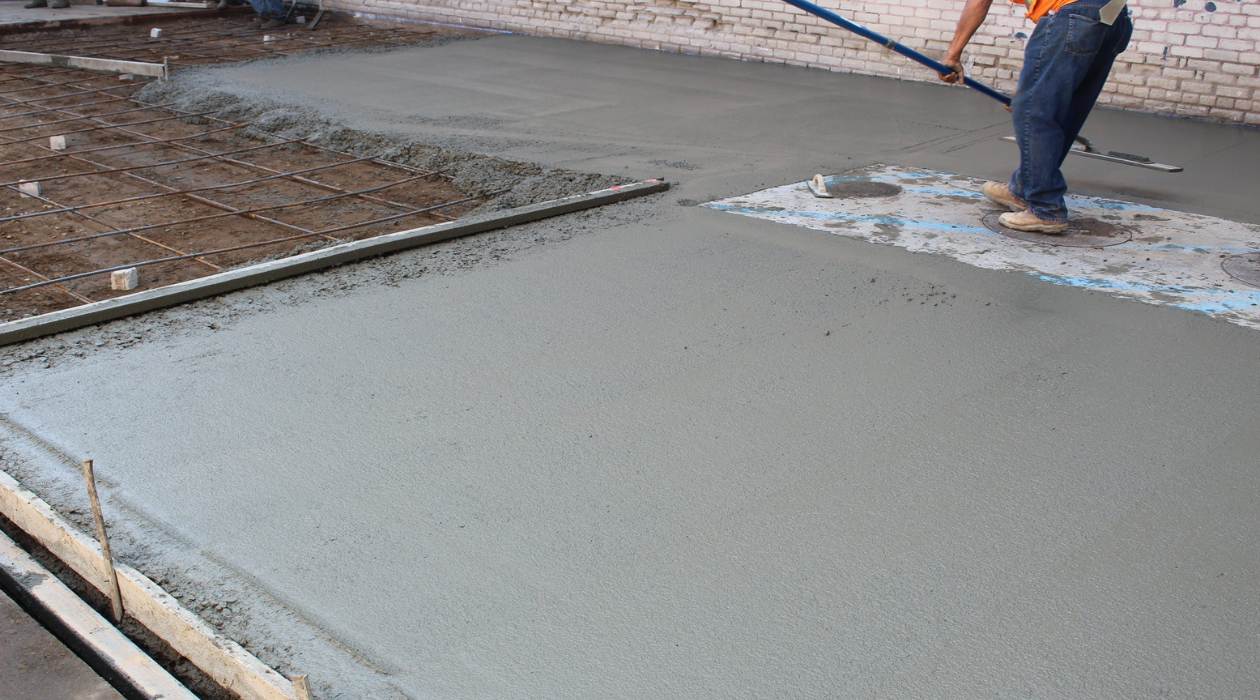
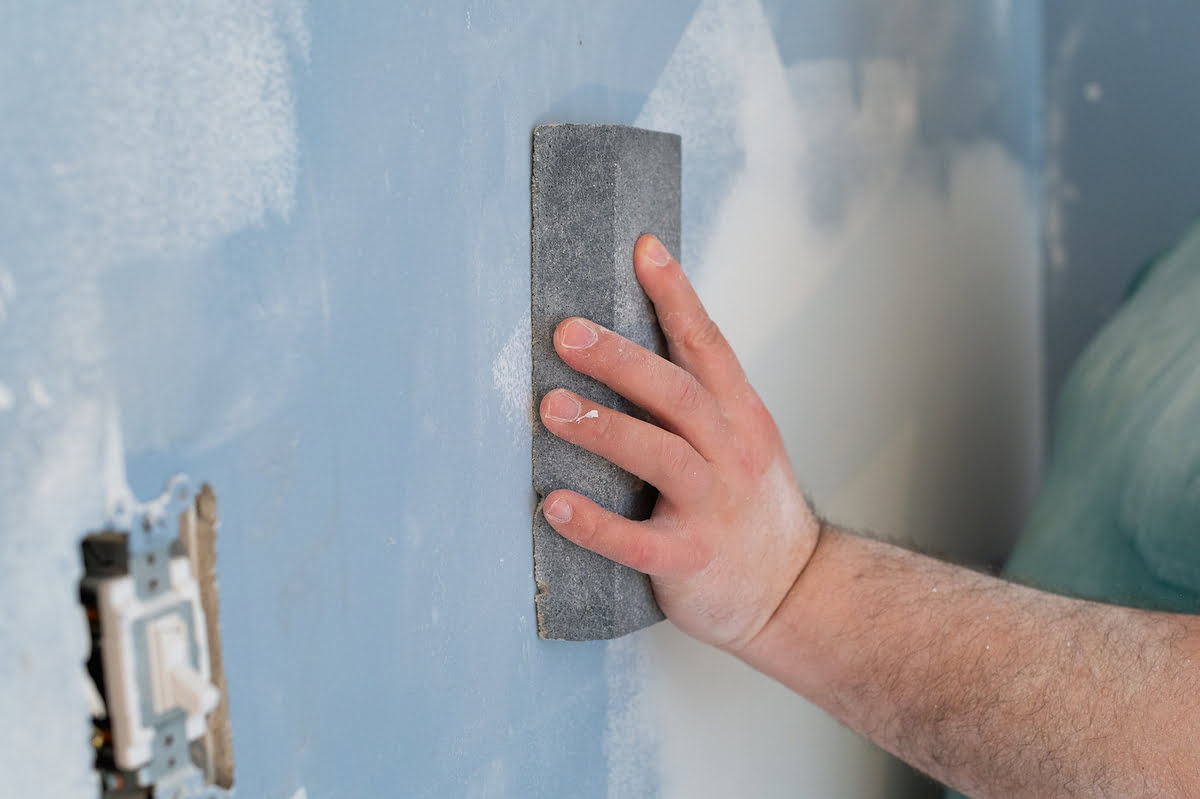
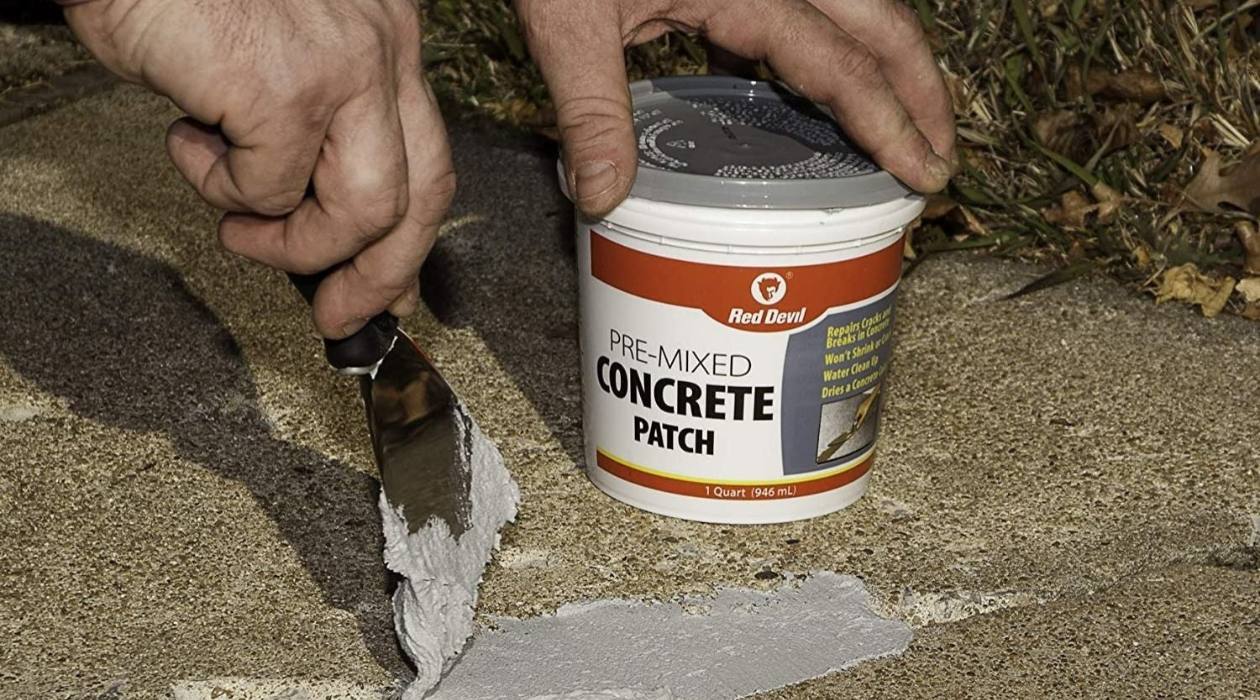
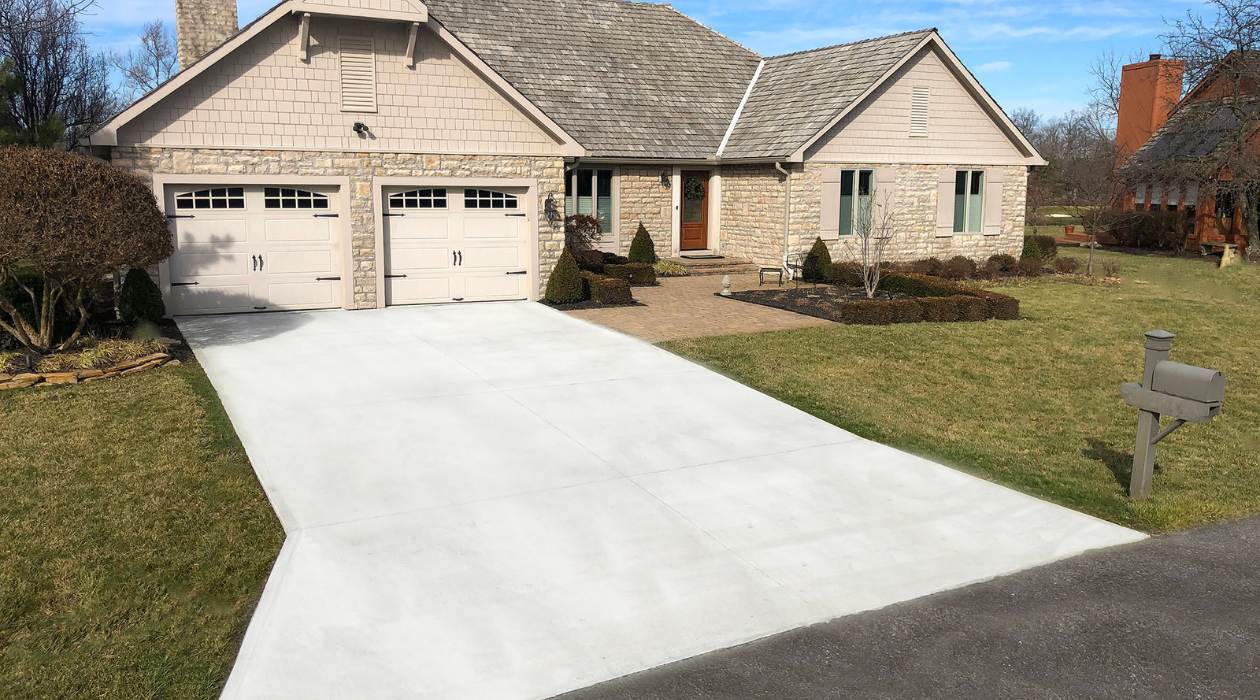
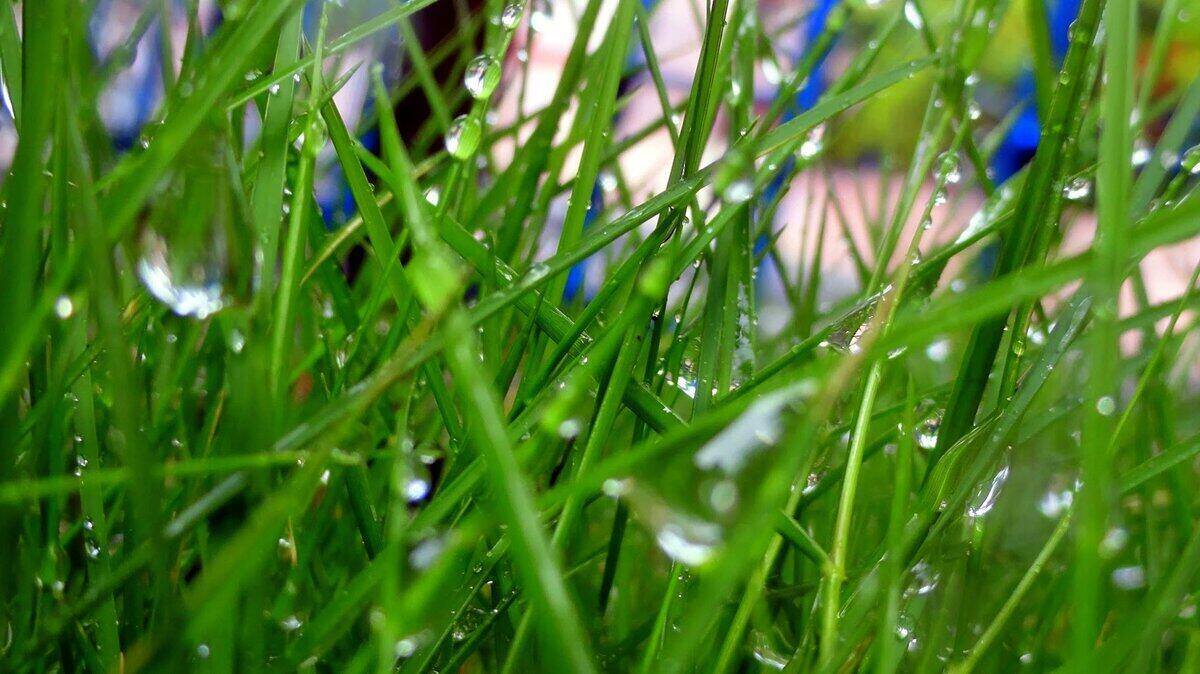
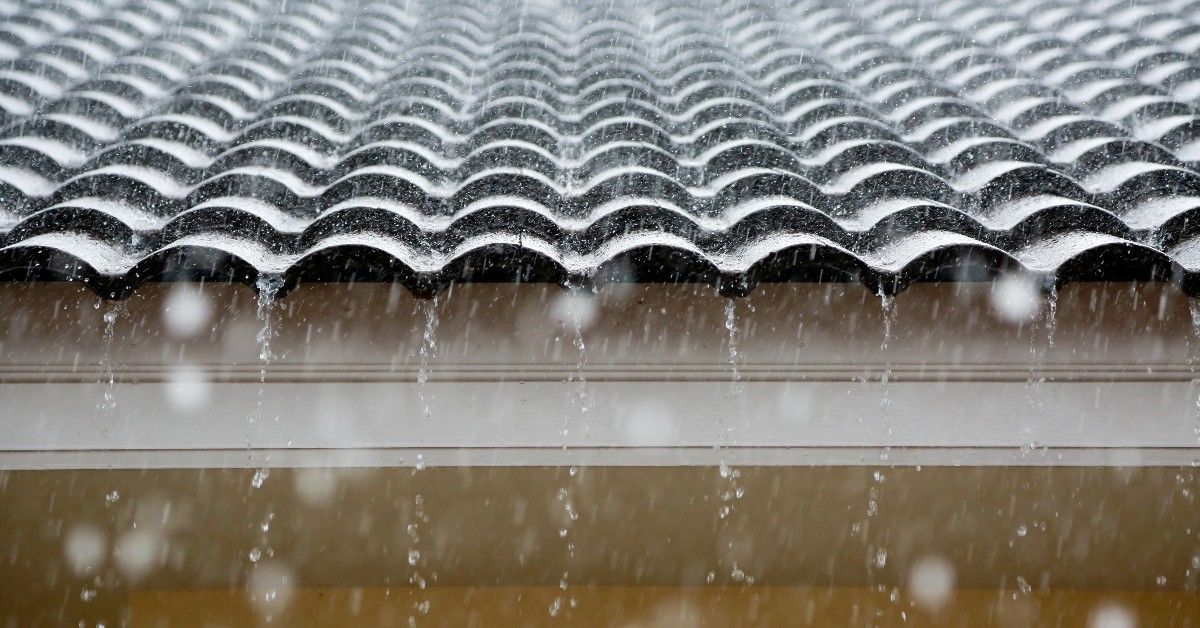
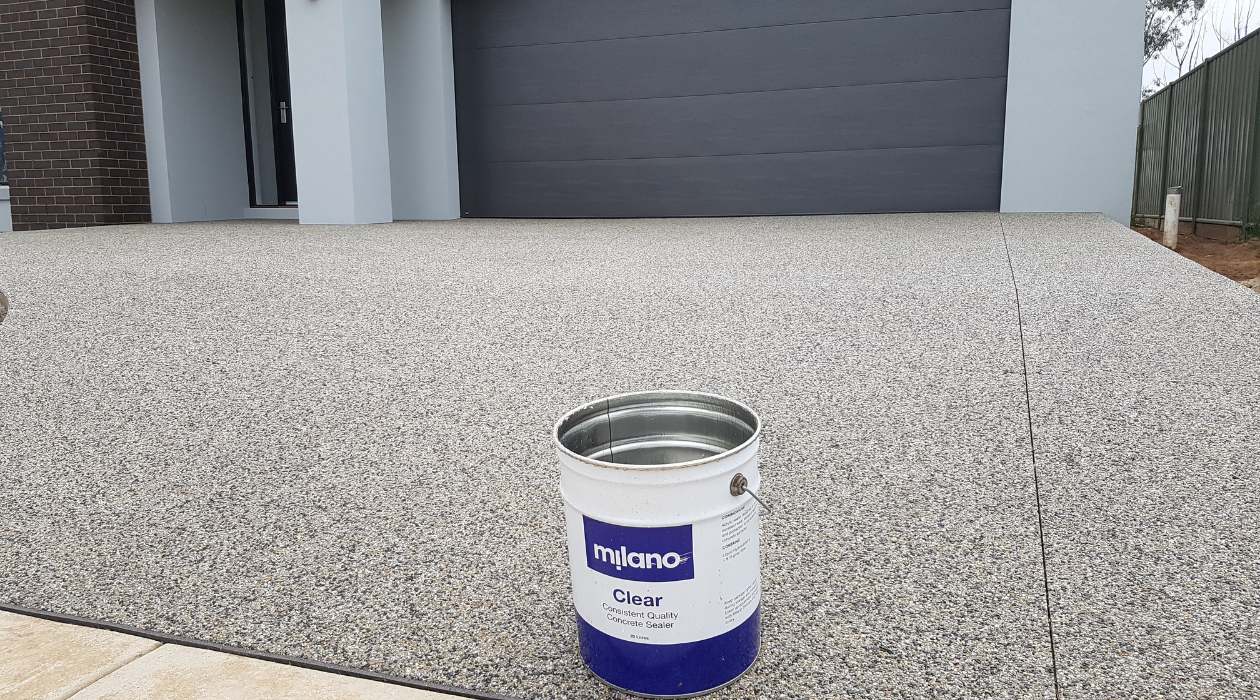

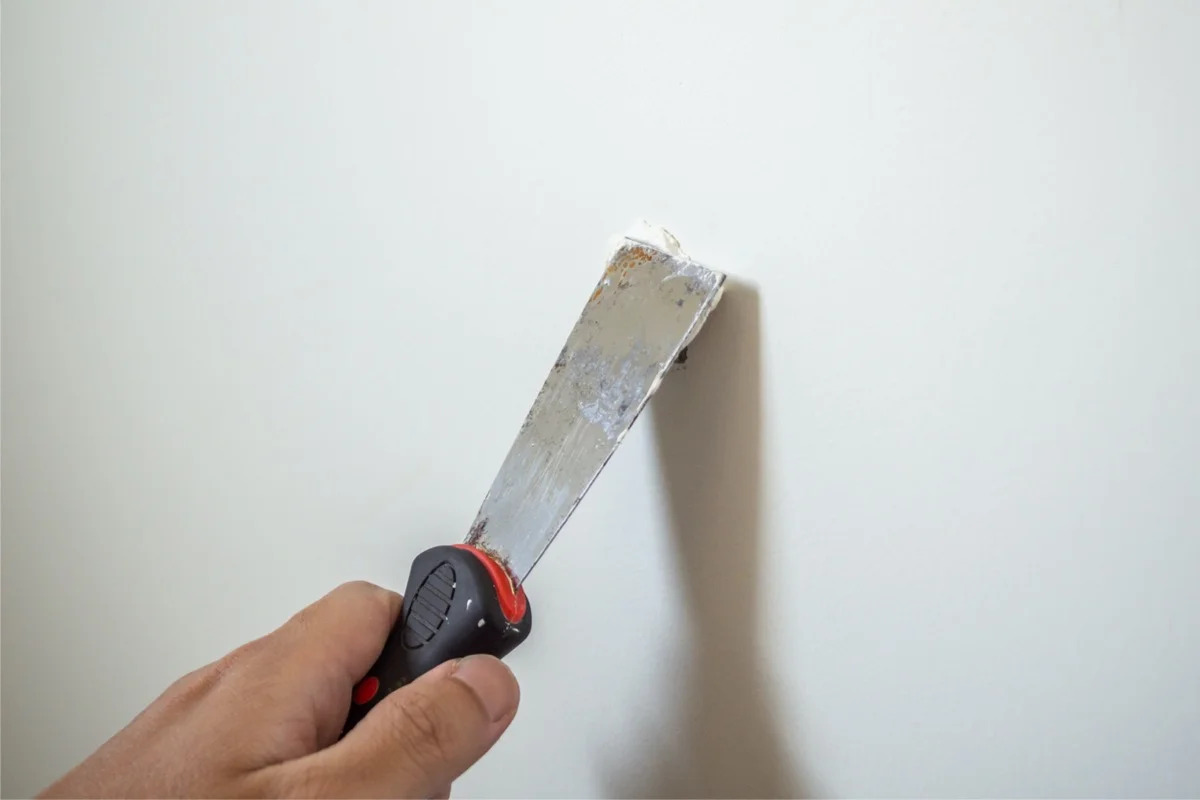
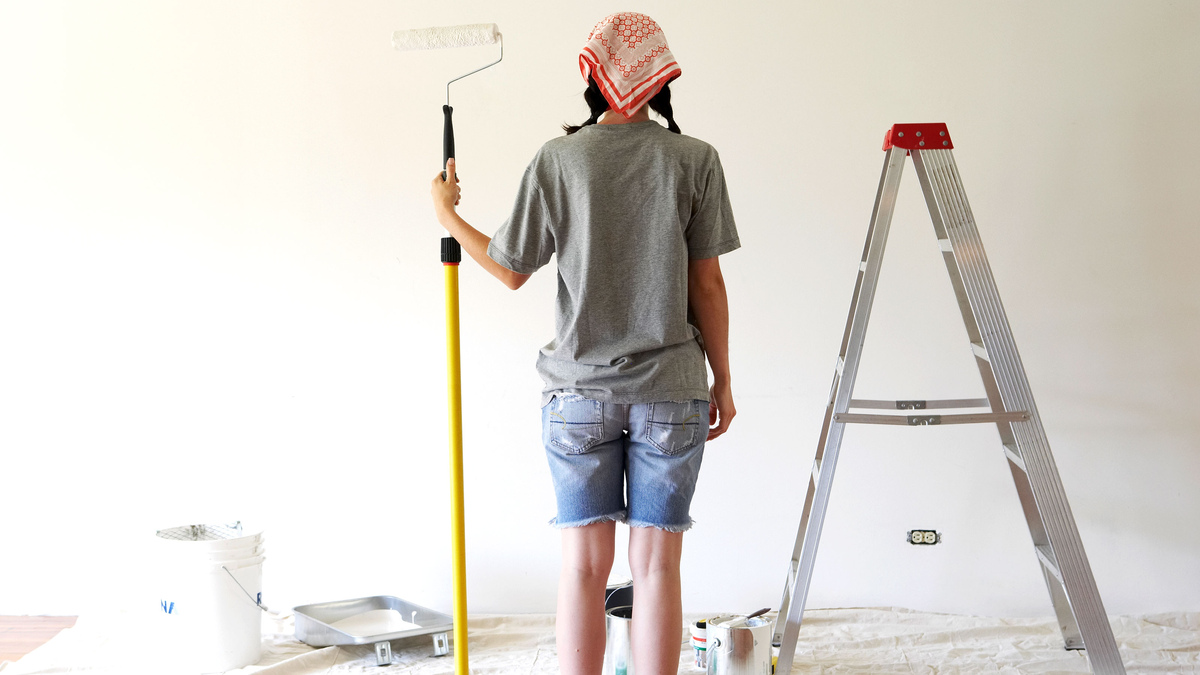
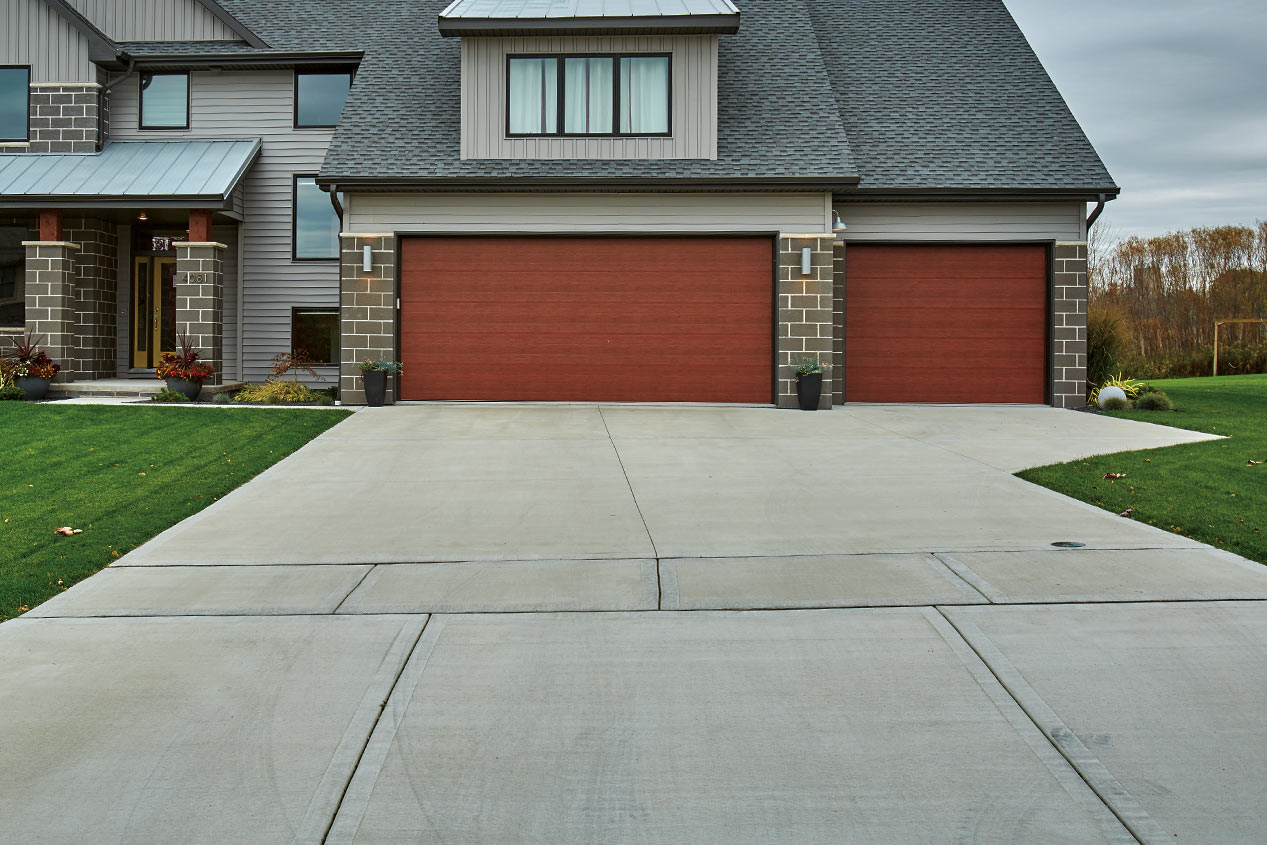
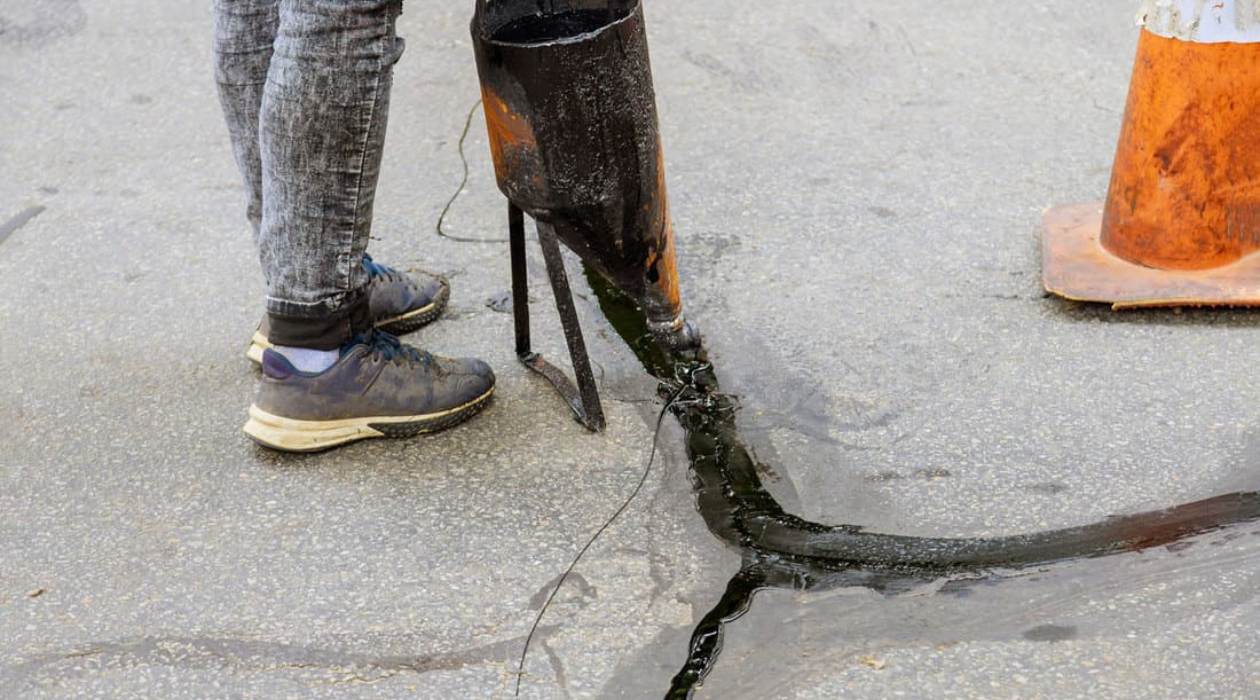
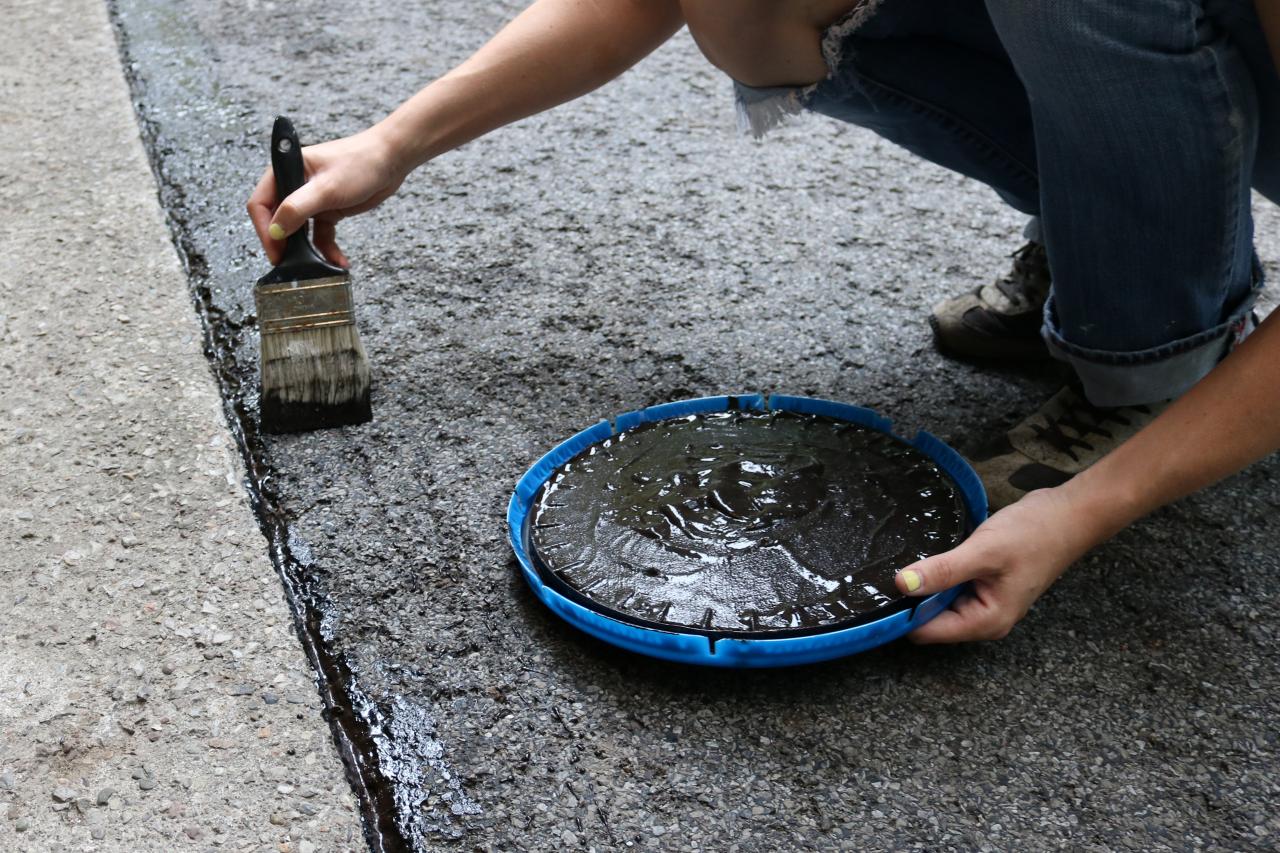


0 thoughts on “How Long For Driveway Sealer To Dry Before Rain”